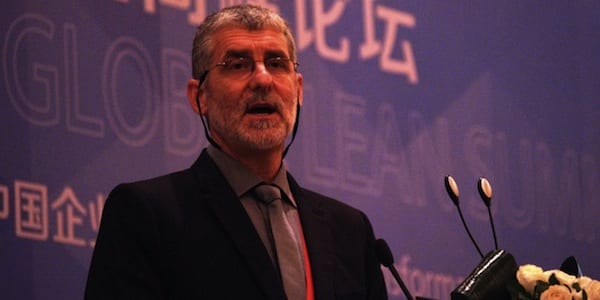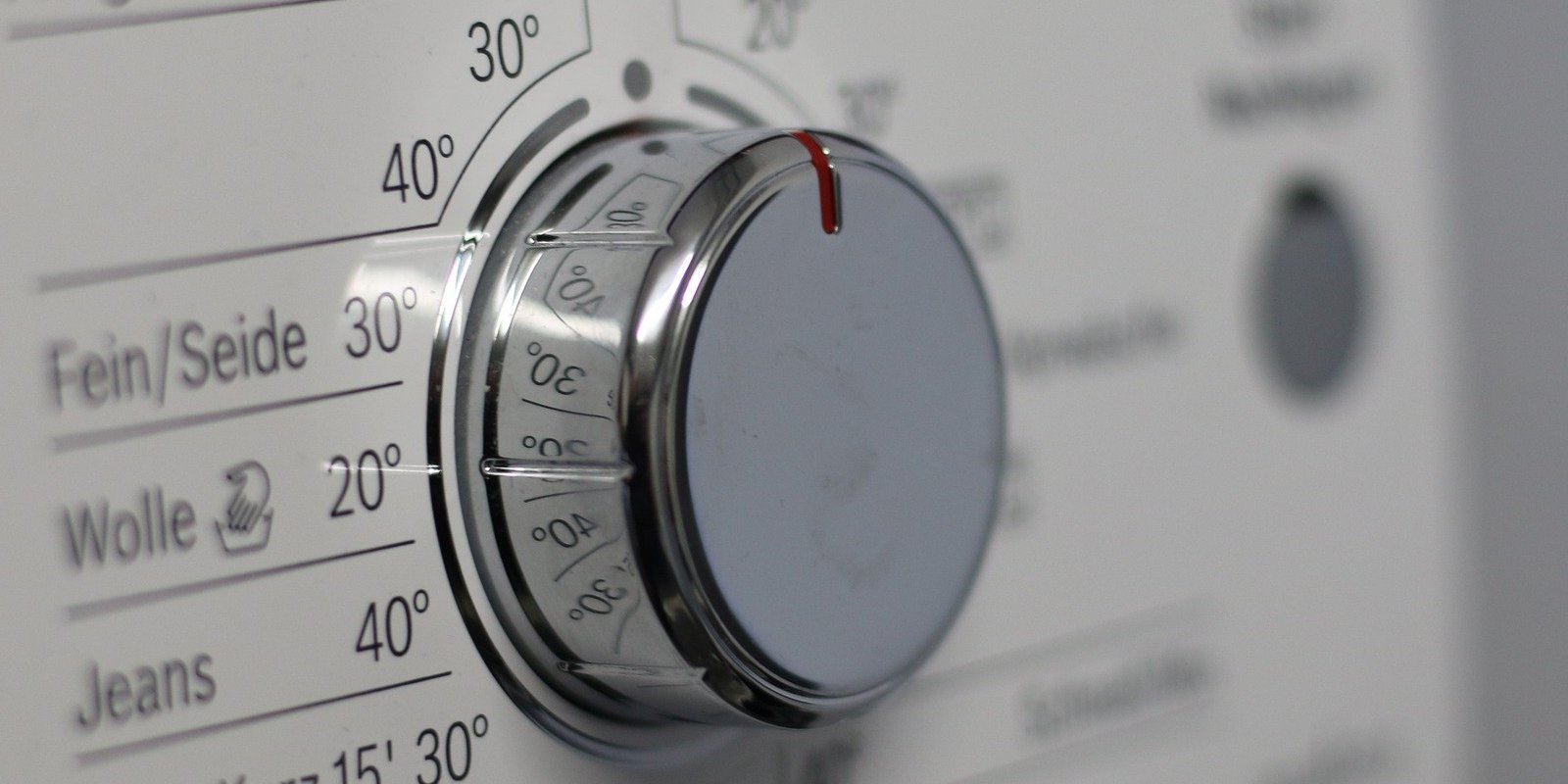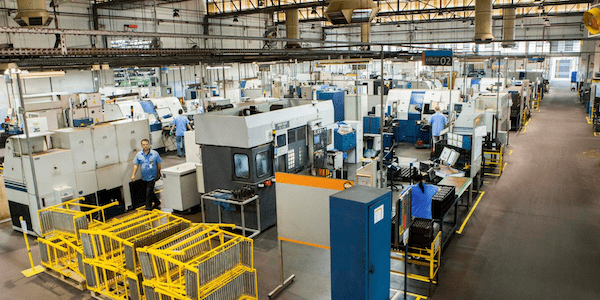
Impressions of China
NEWS - Back from his annual trip to Shanghai, Anton Grütter, CEO of the Lean Institute Africa, shares a few interesting insights into the Chinese culture.
Words: Anton Grütter, CEO, Lean Institute Africa
Every year I travel to China to teach on the Shanghai University MBA program. This year, I was also invited to speak at Lean Enterprise China's summit in Shanghai. The trip has taught me a lot about the Chinese drive to develop their people and their economy.
While I have only experienced a small slice of Chinese working life, it has made me aware of the enormous strides that the country has made in recent years. I think there may well be some important lessons for South Africa.
THE SUMMIT
This year the theme of the Chinese lean summit was Lean Transformation in China. The keynote speaker was Matthew Lovejoy, owner of Acme Alliance (with plants in America, Brazil and China) and co-author of Seeing the Whole Value Stream.
The main message of his talk was that lean thinking and management have to be more than skin-deep to be effective and sustainable. He illustrated this using the striking image of a fruit that had apple skin on the outside, but was an orange on the inside. Imagine biting into one of those!
More importantly, as the leader of his company's lean transformation journey he led from the front, to the extent that he moved his desk onto the shop floor. He spoke passionately about the role he plays to continuously drive the learning in the organization and its people. It turns out that he is the real-life embodiment of the "relentless leader" that is the theme of the Lean Summit Africa 2014.
It was evident from the other company presentations that organizations serious about their lean transformation journeys (few as they may be) made an equally serious investment into the resources required to negotiate the change process successfully. And they understood that an investment involves not only planting the seed, but also patiently looking after it until it grows to fruition.
SHANGHAI UNIVERSITY'S GLMBA PROGRAM
The reason for me teaching on this program is a typical example of Chinese pragmatism. I was not only invited to teach operations management, but also because of the "Global/Local" MBA program at the Shanghai University business school. It is taught in English by a foreign faculty to students who want exposure to global management thinking, while improving their English at the same time.
I found the students to be eager learners. They were very hard-working and meticulous in their preparation for class. The entire module was taught in four days over two weekends with the class running from 9am to 6pm, while the students hold down full-time jobs. The students' spoken English was of quite a high standard, but I had to insist on typed assignments only, because their written English was influenced by the figurative writing style of the Chinese characters.
The students applied themselves to the session with enthusiasm and skill. This was demonstrated in the students achieving the best-ever results in the process-improvement simulation game, developed by the Lean Institute Africa. The game provides an in-class learning experience of how to improve operational performance.
I will be offering a workshop based on the same simulation game on the day prior to the Lean Summit Africa 2014. It will be interesting to see whether the target of 5 minutes and 16 seconds, set by the Chinese students, will be beaten by the local workshop participants.
WHAT I LEARNED IN CHINA
It is clear that China is a nation on the march to prosperity, but in its own unique way.
In Shanghai, electric bicycles and scooters outnumber - by far - any other means of transport. A basic, but sturdy electric bicycle was also relatively cheap at about $400. Think of how electric bicycles could transform the lives of poor South Africans - and make use of Eskom's (the South African electricity public utility) under-utilized nighttime capacity, thereby improving the cost-effectiveness of electricity generation in the country.
It was also very noticeable that most people on the street had up-to-date smartphones. Many used their phones to watch their favorite TV program while on the underground Metro trains, but, with such a high level of smartphone penetration, the potential for economic activity and education must be enormous.
The main lesson I learned from my Chinese experience, however, was their single-minded dedication to the task at hand. This is the kind of approach necessary to drive operational improvement in organizations and economic growth in society. We would be well served to learn that lesson from our Chinese counterparts.
More details about Lean Institute Africa at http://www.lean.org.za/
Read more


FEATURE – In this compelling read, the author explains how “centerlining” tools and settings can reduce variation in a process and avoid having to constantly seek adjustments à la McGyver.


INTERVIEW - Lean manufacturing principles, successful training programs and the involvement of management in daily continuous improvement are transforming Brazilian automotive supplier ZEN.


CASE STUDY – This nickel smelting operation in Indonesia used the Lean Transformation Framework to optimize furnace inspections and minimize delays.


FEATURE – Do CEOs see lean as a strategy? The author – himself a CEO for many years – debunks the misconceptions often preventing senior leaders from doing so.

